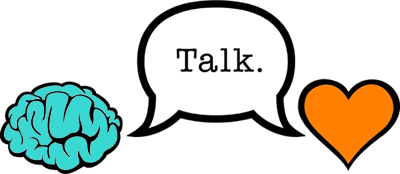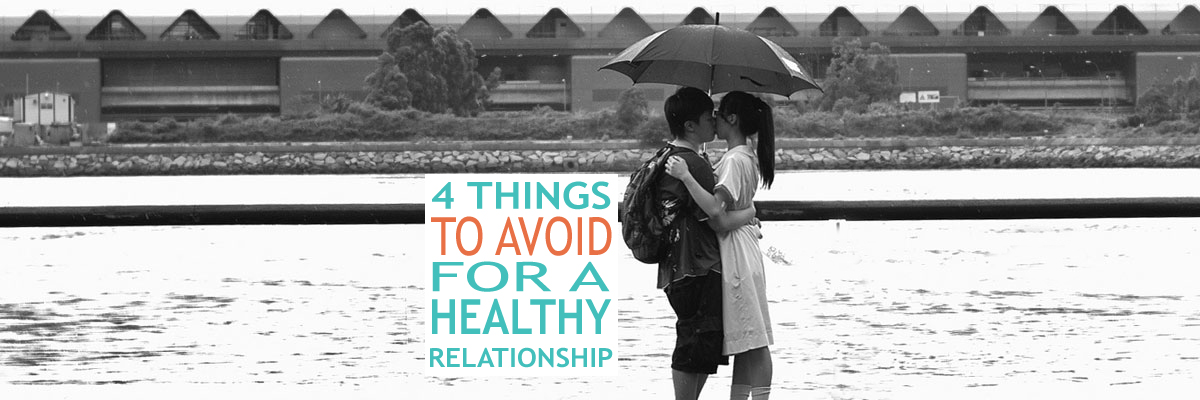All relationships hit stumbling blocks. It’s part of the natural ebb and flow of our lives, that while we change as individuals our relationships are challenged. But how we meet those challenges can be a huge part of how successful we are in overcoming them. With that in mind, here are four things that you want to avoid in your relationships. They are commonly known as the 4 horsemen.
1. Criticism. Remember that complaints are okay (ie “It bothered me that you didn’t do the dishes when you promised to”). Criticism is a more global, personal attack – it attacks who they are and not their behavior (ie “You never do what you say you will”).
2. Contempt. In whatever form it takes – name calling, eye rolling, mockery, sarcasm, sneering – contempt is the most deadly of the 4 horsemen because it conveys disgust. How easy do you think it is to try and solve a problem when you believe your partner is disgusted with you? Practically impossible.
3. Defensiveness. This one is actually about placing blame on your partner – “it’s not me, it’s you” – escalating conflict and creating a negative feedback loop that eventually will destroy your relationship altogether.
4. Stonewalling. Ignoring the problem (or your partner) doesn’t remove you from the conflict, but eventually it will remove you from the relationship. Would you want to be involved with someone who was emotionally avoidant?
Above all else, you want to try and make sure that you are communicating precisely what you mean to your partner. This means paying attention to your tone of voice, your facial expression and your body language. Often it helps to try and think ahead to what outcome you want and then ask yourself; “How can I get there?” – I can guarantee that none of the horsemen will be your answer.


